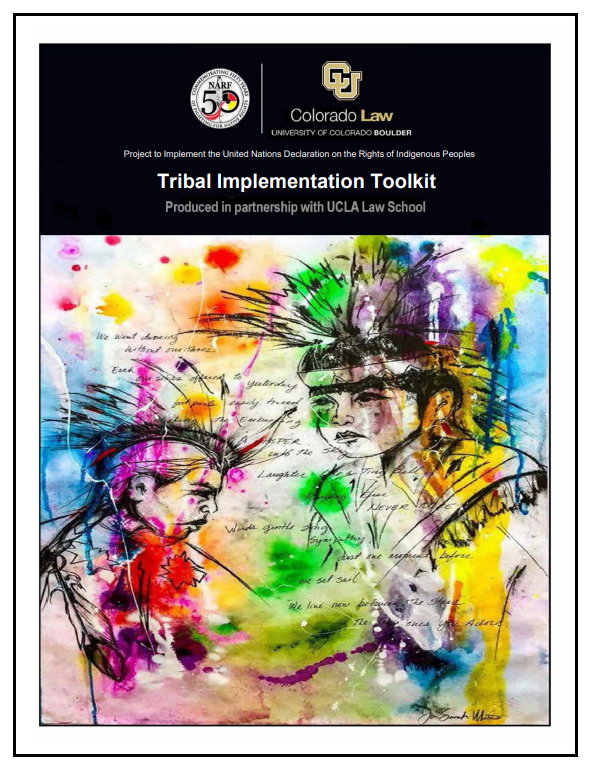
On December 16, 2010, former President Barack Obama announced "that the United States is lending its support" to the United Nations Declaration on the Rights of Indigenous Peoples.
"The Declaration is the most comprehensive instrument detailing the rights of indigenous peoples in international law and policy, containing minimum standards for the recognition, protection and promotion of these rights. It establishes a universal framework of minimum standards for the survival, dignity, wellbeing and rights of the world's indigenous peoples. The Declaration addresses both individual and collective rights; cultural rights and identity; rights to education, health, employment, language, and others. It outlaws discrimination against indigenous peoples and promotes their full and effective participation in all matters that concern them. It also ensures their right to remain distinct and to pursue their own priorities in economic, social and cultural development. The Declaration explicitly encourages harmonious and cooperative relations between States and indigenous peoples."
Provides: the history and text of UNDRIP; United Nations Declaration on the Rights of Indigenous Peoples: A Manual for National Human Rights Institutions (c2013); Training Module on Indigenous Peoples’ Issues (2010); and Resource Kit on Indigenous Peoples´ Issues (2008).
The Implementation Project provides this toolkit:
 Tribal Implementation Toolkit by
Tribal Implementation Toolkit by Indigenous Navigator: Data by and For Indigenous Peoples (w/ a Steering Committee of five partners)
In Canada, the United Nations Declaration on the Rights of Indigenous Peoples Act is now in force.
Vancouver's City Council created the UNDRIP Task Force.
"Kirsten A. Carpenter is the Council Tree Professor of Law and Director of the American Indian Law Program at the University of Colorado Law School. Professor Carpenter was appointed to the United Nations Expert Mechanism on the Rights of Indigenous Peoples as its member from North America from 2017-2021. She currently serves as a Justice of the Shawnee Tribe Supreme Court and co-lead of The Implementation Project, with colleagues at the Native American Rights Fund." Professor Carpenter also is a co-author of Cases and Materials on Federal Indian Law (7th ed. 2017).
Walter R. Echo-Hawk is a former President of the Pawnee Business Council ("the supreme governing body of the Pawnee Nation of Oklahoma") and Consultant to the Implementation Project. He was the “Dan and Maggie Inouye Distinguished Chair on Democratic Ideals" at University of Hawai’i’s Law School and was a staff attorney of the Native American Rights Fund from 1973-2009. See: 2020 World Indigenous Peoples Day Interview with Walter Echo-Hawk.
Additional Books: